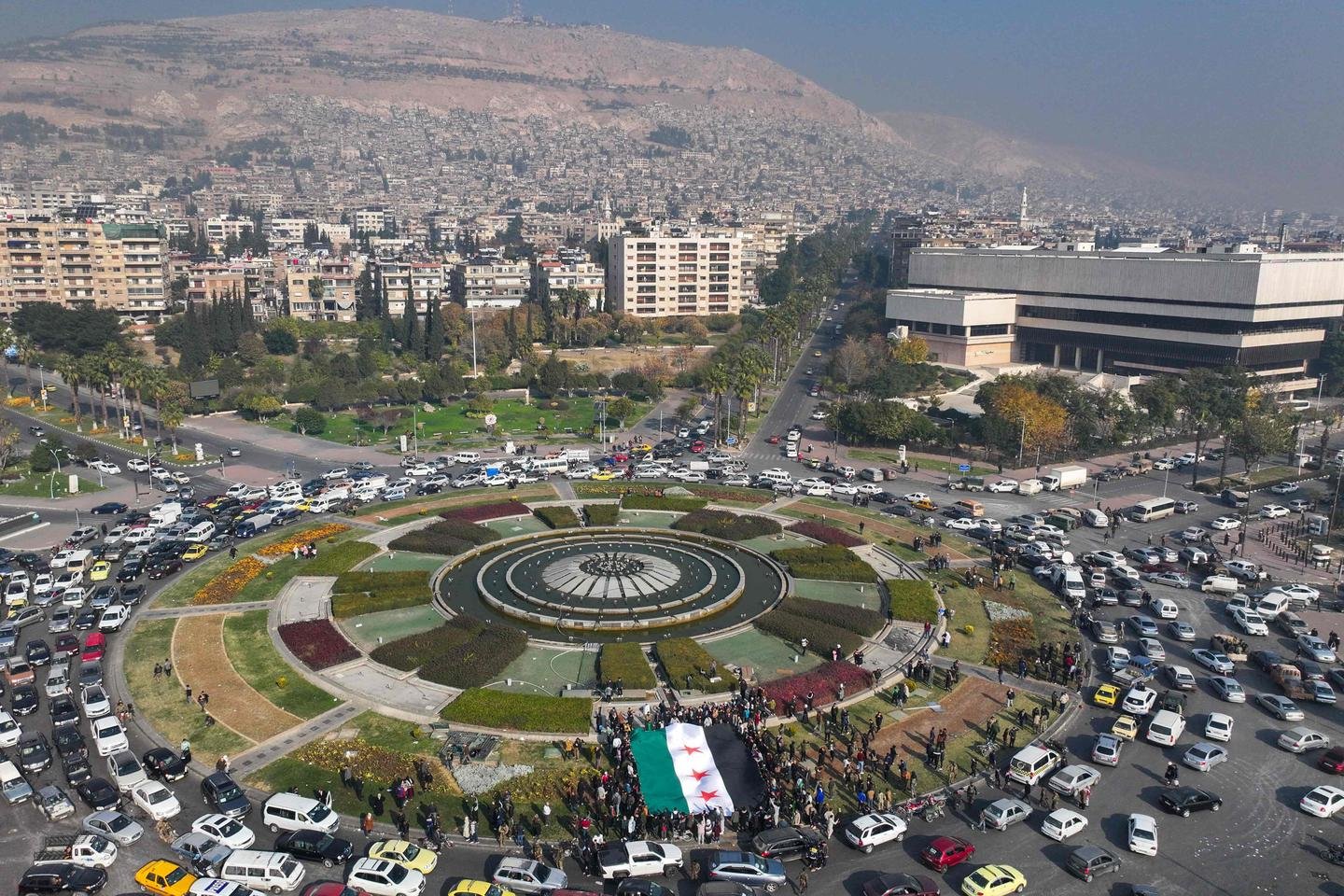Op-Ed
Philippe Droz-Vincent
The lightning-fast fall of Bashar al-Assad is a result of the ruling regime’s exhaustion and the withdrawal of Russia, Hezbollah and Iran, writes international relations professor Philippe Droz-Vincent.
Published today at 8:25 pm (Paris) 4 min read Lire en français
Subscribers only
A status quo had reigned in Syria since 2018, but an offensive by the rebels of Hayat Tahrir Al-Sham (HTS), in coordination with other groups, brought about the regime’s downfall in only 12 days. It began with the capture of Aleppo, the country’s second city and economic lung, and was helped by the exhaustion of the regime and its army.
Admittedly, Bashar al-Assad’s regime “won” the war after 2018, but it was militarily drained – Alawite villages are graveyards of young “martyrs” – and governed Syrians under a “dictatorship over needs,” to use the term from Soviet East Germany. It was also challenged by multiple local revolts and faced with an economic slump. It was able to last due to the breakdown of its society through war, and by having driven a substantial part of the population into exile. The regime ended up exhausting and demoralizing even its own social base, which this time did not fight for it.
Its spectacular fall is therefore typical of authoritarian regimes that establish themselves over the long term (the Assads have been in power since 1970). They are highly repressive (Michel Seurat described it as “the state of barbarism”), but at the mercy of rapid collapse, like the glass in a window, very hard and resistant – until it cracks. Assad could therefore only withstand a shock with outside help. The regime had been saved in 2013 by its allies, Iran and Hezbollah, then put back on its feet in 2015 through their coordination, aided by Russian intervention.
Russia’s powerlessness
In 2024, none of these players were able or willing to intervene, given the regime’s weakness. Iran was disorganized after Israeli strikes post-October 7, 2023, aimed at destroying the “axis of resistance” (the corridor linking Iran to Hezbollah, and even Hamas). Hezbollah had redeployed its forces for the war in southern Lebanon and has been structurally weakened, losing its experienced leaders in particular, since the pager attack.
Russia, focused on its frantic advance into Ukraine’s Donbas before the start of Trump’s presidency, which it knows is anxious to freeze this war, was unable to do anything except revenge bombardments on Idlib. It was angry at Assad, who stubbornly carried out no reforms to stabilize his power and whose Russian restructuring of the army failed: Fighters “reconciled” in the south by Russia rose up and advanced on Damascus in the “Southern Operations Room.”
You have 62.67% of this article left to read. The rest is for subscribers only.
Vous pouvez lire Le Monde sur un seul appareil à la fois
Ce message s’affichera sur l’autre appareil.
-
Parce qu’une autre personne (ou vous) est en train de lire Le Monde avec ce compte sur un autre appareil.
Vous ne pouvez lire Le Monde que sur un seul appareil à la fois (ordinateur, téléphone ou tablette).
-
Comment ne plus voir ce message ?
En cliquant sur « » et en vous assurant que vous êtes la seule personne à consulter Le Monde avec ce compte.
-
Que se passera-t-il si vous continuez à lire ici ?
Ce message s’affichera sur l’autre appareil. Ce dernier restera connecté avec ce compte.
-
Y a-t-il d’autres limites ?
Non. Vous pouvez vous connecter avec votre compte sur autant d’appareils que vous le souhaitez, mais en les utilisant à des moments différents.
-
Vous ignorez qui est l’autre personne ?
Nous vous conseillons de modifier votre mot de passe.
Lecture restreinte
Votre abonnement n’autorise pas la lecture de cet article
Pour plus d’informations, merci de contacter notre service commercial.
